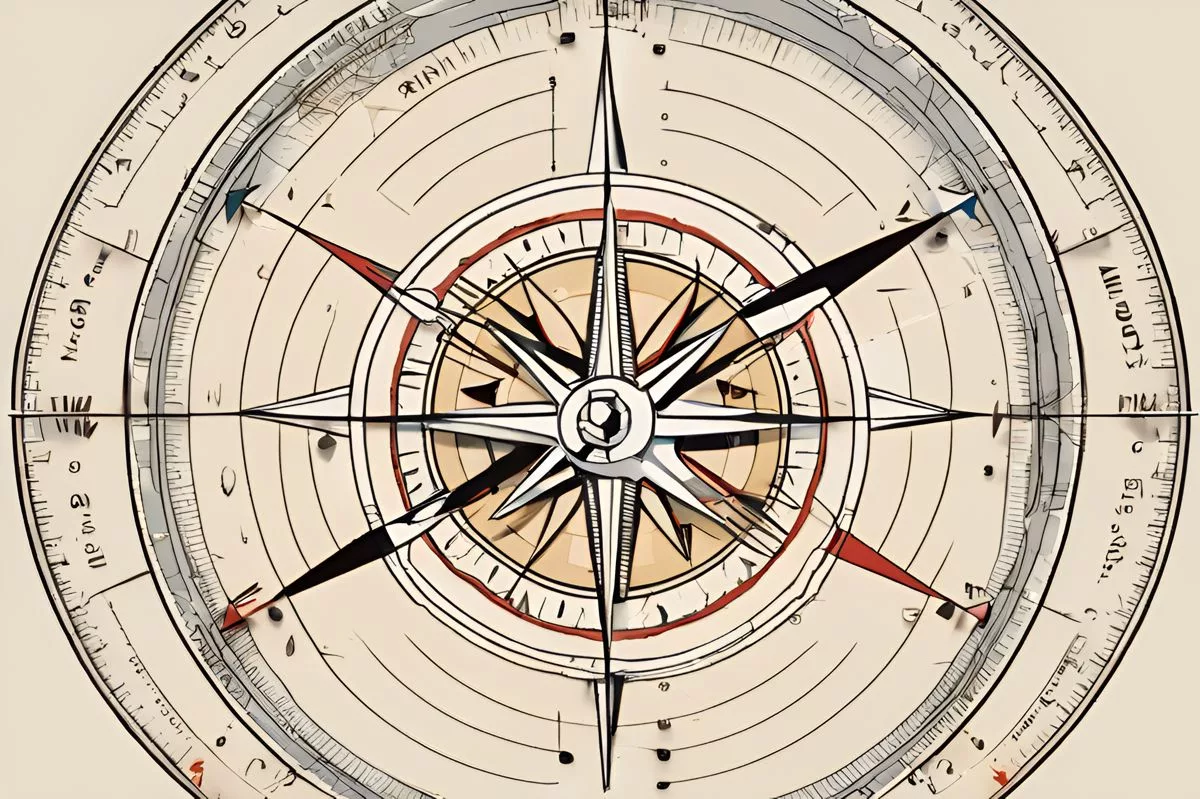South Africa’s University of Cape Town has been ranked the leading university in Africa by US News & World Report’s latest ranking system. However, the ranking system only considers academic reputation, research output, and student satisfaction, and does not fully capture the larger impact of a university’s work, such as their contribution to society by shaping policy, fostering informed discourse, stimulating scientific advances, and promoting democracy and human rights. Other ranking systems, such as the 2024 Times Higher Education Impact Rankings, offer a different perspective by considering alignment with global sustainability objectives. Nevertheless, the true value of universities lies in their overall contribution to society beyond their rank.
South Africa’s University of Cape Town is the leading university in Africa, according to US News & World Report’s latest ranking system. However, the true value of an institution cannot be solely determined by its rank. Factors like academic reputation, research output, and student satisfaction indicate quality, but they don’t fully capture the larger impact of a university’s work. The true value lies in their overall contribution to society, including shaping policy, fostering informed discourse, stimulating scientific advances, and promoting democracy and human rights.
In the esteemed sphere of higher education, South Africa is distinguished for its exceptional academic institutions, with the University of Cape Town (UCT) being particularly noteworthy. Nevertheless, while influential resources like the Best Global Universities rankings by US News & World Report are often used to gauge a university’s merit, an institution’s true value cannot be solely determined by its rank.
Shining at the Pinnacle: University of Cape Town’s Triumph
UCT continues to affirm its position as the leading university not just in South Africa, but across the whole African continent. This prestigious title is awarded by the US News & World Report’s latest ranking system, which primarily bases its evaluation on academic research and institutional reputation. However, it’s important to note that this approach does not extend to undergraduate or postgraduate programmes, thereby excluding a vital aspect of educational services.
The crux of this ranking, covering 2,250 establishments from 104 nations, lies in 13 indicators. Each of these indicators is given a specific weightage, providing a comprehensive picture of the global research environment. And in this academic landscape, UCT holds a prominent position among South African universities, achieving a score of 70 and securing a global ranking of 116.
The Complex Nature of University Contributions: A Call for Balanced Perspective
Professor Jeff Murugan, UCT’s acting Deputy Vice-Chancellor for Research and Internationalisation, calls for a more nuanced perspective. He emphasises the need to recognise the complex contributions of a university to society, often overlooked by conventional ranking systems.
“Factors such as academic reputation, research output, faculty expertise, and student satisfaction certainly indicate quality, but they don’t fully capture the larger impact of our work,” argues Murugan. The formulation of public policy, fostering informed public discussions, scientific advancements, and the promotion of democracy and human rights are critical roles that universities play, often slipping under the radar.
Viewing Through Different Lenses: Other Ranking Frameworks
The gap in conventional ranking frameworks can be addressed by incorporating other ranking systems that offer a different perspective. For example, the 2024 Times Higher Education (THE) Impact Rankings places the University of Johannesburg at the top of South Africa’s academic institutions concerning the United Nations’ Sustainable Development Goals (SDGs). According to this evaluation, the university surpasses its national peers in driving change that aligns with global sustainability objectives.
However, the University of Johannesburg ranks fourth in the US News rankings, still with a respectable score of 58.4. Both the University of the Witwatersrand and Stellenbosch University outscored it, securing their respective positions in the international academic realm.
Beyond Rankings: The True Significance of Universities
Including UCT, a total of 15 South African universities have marked their presence on the US News list. The scores varied significantly, with UCT’s high of 70, versus the University of Limpopo’s more modest score of 17.2, placing it further down in the global rankings.
In the context of these ever-changing university rankings, it’s worth noting that the strength of an institution extends beyond its rank. The genuine value of universities lies in their overall contribution to society. Consequently, UCT’s consistent accolades reflect just one aspect of its contribution. The university’s commitment to shaping policy, fostering informed discourse, stimulating scientific advances, and promoting democracy and human rights truly encapsulate its worth.
1. What is the leading university in Africa according to US News & World Report’s latest ranking system?
South Africa’s University of Cape Town is currently ranked as the leading university in Africa by US News & World Report’s latest ranking system.
2. What factors does US News & World Report’s ranking system consider when evaluating universities?
US News & World Report’s ranking system considers academic reputation, research output, and student satisfaction when evaluating universities.
3. Why is an institution’s true value not solely determined by its rank?
An institution’s true value cannot be solely determined by its rank because factors like academic reputation, research output, and student satisfaction indicate quality, but they don’t fully capture the larger impact of a university’s work. The true value lies in their overall contribution to society, including shaping policy, fostering informed discourse, stimulating scientific advances, and promoting democracy and human rights.
4. What is the 2024 Times Higher Education Impact Rankings and how does it differ from US News & World Report’s ranking system?
The 2024 Times Higher Education Impact Rankings is another ranking system that offers a different perspective by considering alignment with global sustainability objectives, specifically the United Nations’ Sustainable Development Goals (SDGs). It differs from US News & World Report’s ranking system, which primarily bases its evaluation on academic research and institutional reputation.
5. How many South African universities are included on the US News & World Report list and how do their scores compare?
A total of 15 South African universities are included on the US News & World Report list, and their scores vary significantly. UCT has the highest score of 70, while the University of Limpopo has a more modest score of 17.2.
6. What is the true significance of universities beyond their rankings?
The true significance of universities extends beyond their rankings and lies in their overall contribution to society. This includes shaping policy, fostering informed discourse, stimulating scientific advances, and promoting democracy and human rights.












